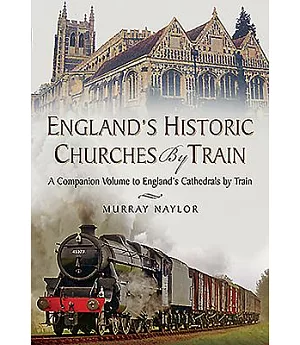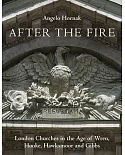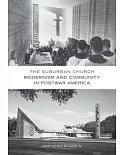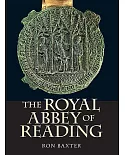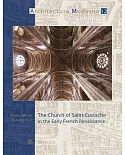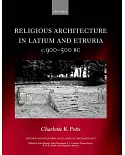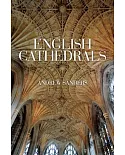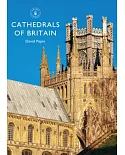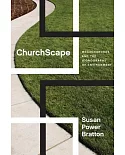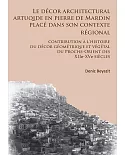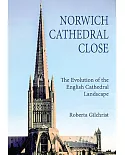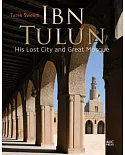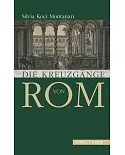The second millennium saw the spread and consolidation of Christianity in Britain. One means by which the Normans tightened their grip on Britain after 1066 was by the construction of
magnificent cathedrals, thereby demonstrating their intention to remain here. In his earlier book – England’s Cathedrals by Train – Murray Naylor explained how these hallowed buildings could be
reached by train, relating their history and their principal features. His book invited readers to discover how the Normans and Victorians helped to shape our lives, either in constructing
cathedrals or inventing railways.
England’s Great Historic Churches is the logical follow on to this book. Traveling across England it selects thirty-two of our ancient churches, relating their history and identifying those
aspects which a visitor might overlook. His journeys include the great medieval abbeys at Tewkesbury, Selby and Hexham; the less well known priories at Cartmel and Great Malvern and other grand
churches severely reduced after the Dissolution of Henry VIII’s reign, notably at Bridlington and Christchurch. He visits a church at Chesterfield where the spire leans at a crooked angle and
goes to Boston, where the church - known as the Stump – was a starting point for many who emigrated to America in the 17th Century. Pride of place goes to Beverley Minster. In parallel he
offers further observations on how railways have developed since the early 1800s and their future.

